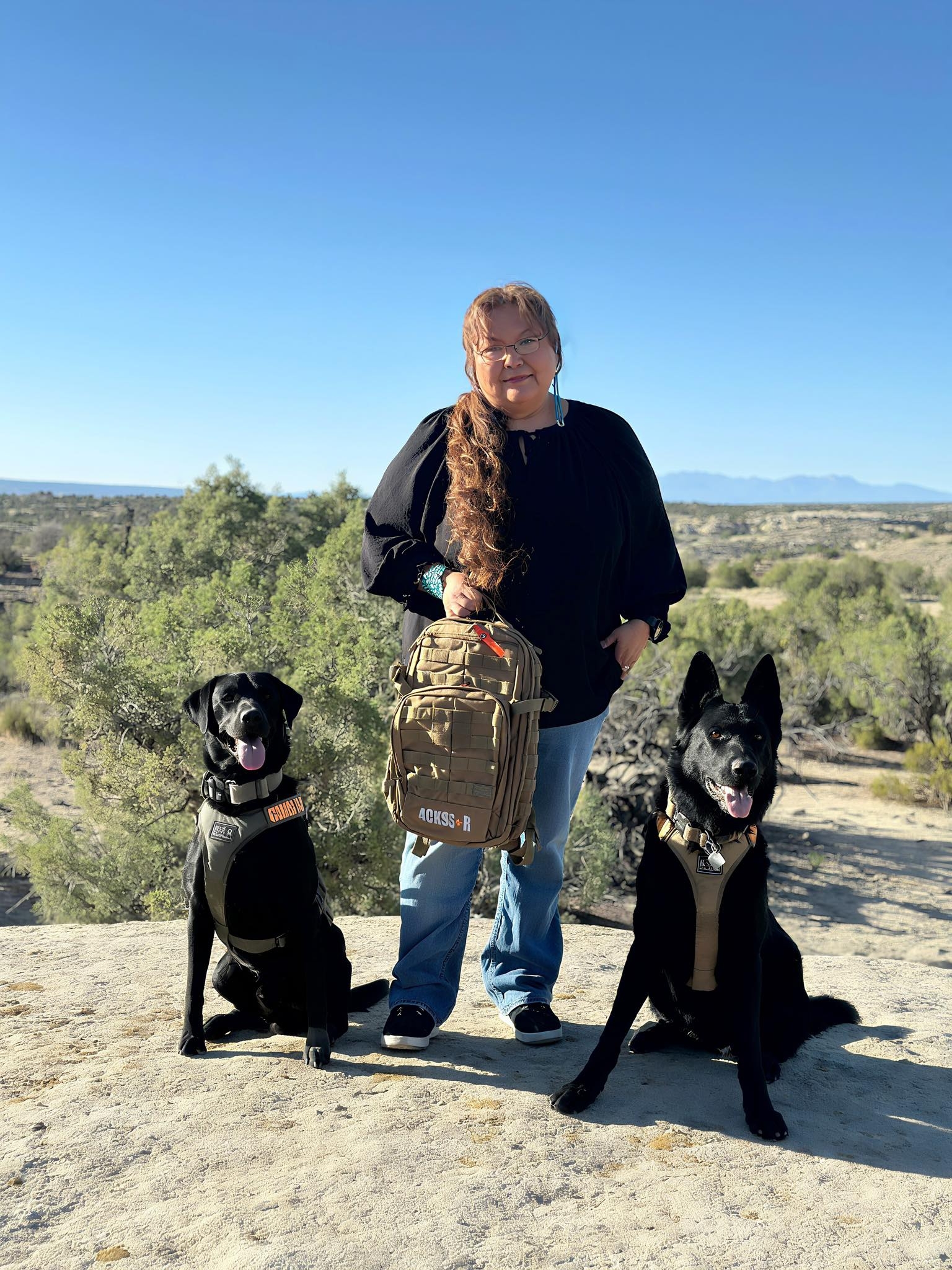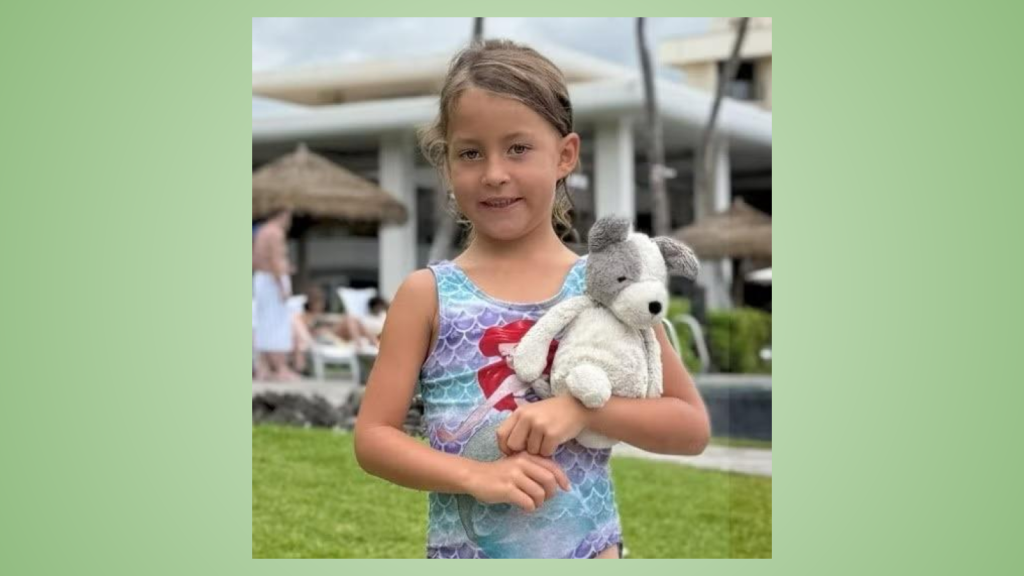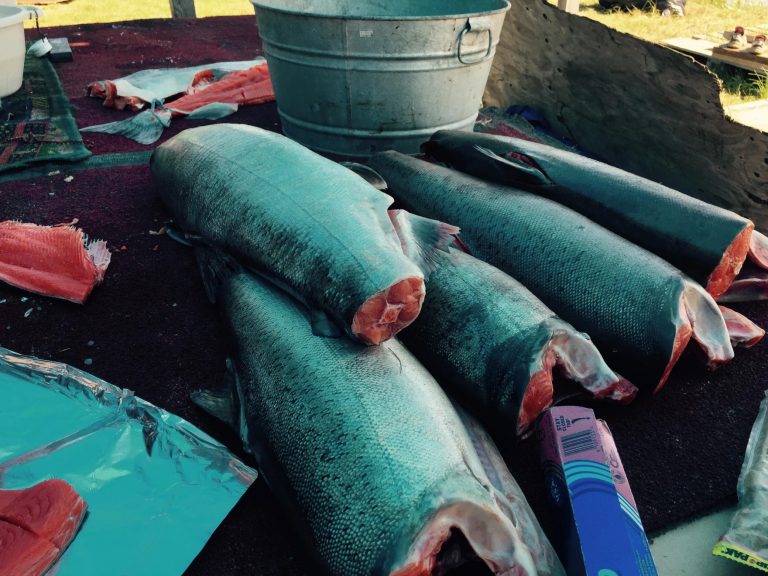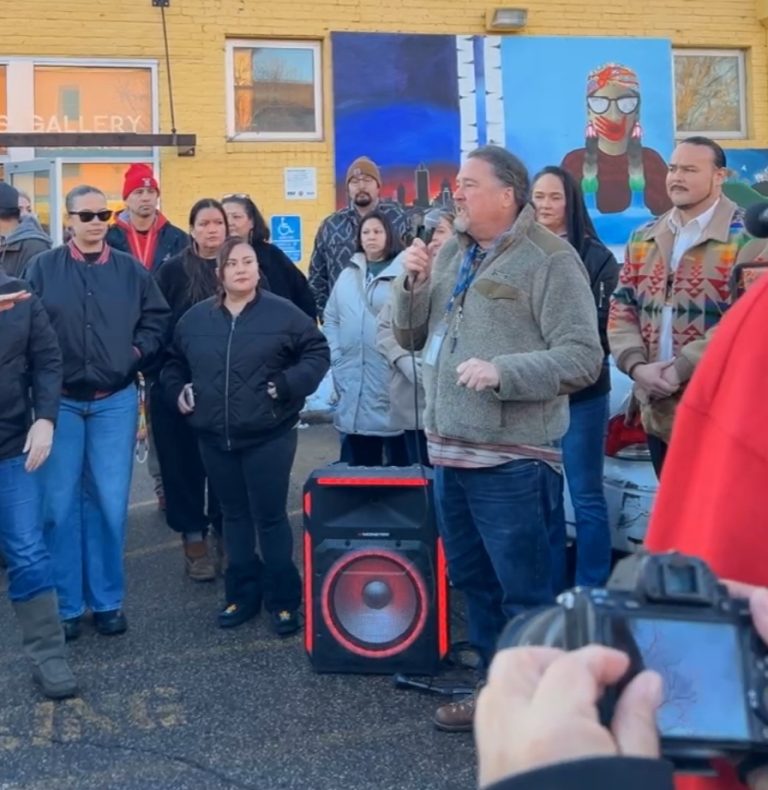Podcast: Play in new window | Download | Embed
The statewide Turquoise Alert system in Arizona, initially touted as a way to swiftly disseminate info about Indigenous people who’ve gone missing, was enacted earlier this month.
But as KJZZ’s Gabriel Pietrorazio reports, the first-ever alert helped safely locate a girl from Hawaii.
“We are here because the crisis of missing and murdered Indigenous people demands our full attention and collaboration. It demands action and it demands solutions.”
Gov. Katie Hobbs (D-AZ) hailed the Turquoise Alert back in May as a bipartisan way to address this issue in Arizona.
The system went into effect on July 1 – and the first alert was 6-year-old Violet Coultas, who was identified as white.
She was last seen at Sky Harbor Airport on July 12.
The state Department of Public Safety (DPS) issued an alert nearly two weeks later around 7 p.m. Wednesday – within 24 hours of being notified by Hawaii police, according to Kelsey Commisso, the DPS alerts coordinator.
“Immediately after that alert went out, on our end, DPS, our [Operational Communication Bureau] OPCOMM, our dispatch, was receiving multiple calls.”
They received as many as 30 and over the next six hours, Cottonwood police located the missing child at a women’s shelter with help from the FBI early Thursday morning.
But some expressed confusion about the girl’s Native identity, and Commisso said that’s because the Turquoise Alert had many iterations at the Capitol.
“They decided to broaden that scope. That was done on the legislative end to include all members of our community.”
Still, the state agency expects to issue no more than 30 alerts in any given year.

Search and rescue dogs Moby and Gunny with 4Corners team member Estillee Pablo, a single mother and fluent Navajo speaker, (Courtesy 4Corners K-9 Search and Rescue / Facebook)
The National Human Trafficking Hotline had 350 reports from New Mexico in 2021, according to the most recent data available.
It’s an issue that also intersects with the 193 missing and murdered Indigenous people.
Jeanette DeDios (Jicarilla Apache and Diné) reports two organizations spoke with state lawmakers about how they could help.
4Corners K-9 Search and Rescue uses K-9 rescue dogs to search for missing persons on Native American tribal land, while Truckers Against Trafficking offers courses to truckers to keep them informed of potential trafficking signs.
They recently spoke to the Legislative Indian Affairs interim committee.
Bernadine Beyale (Diné), executive director of 4Corners, was part of a state response team before starting her own nonprofit in 2022.
Beyale says working on tribal lands has been more challenging.
“When we were part of the state rescue team, we had more finds and more successes, meaning we found people alive because we were called faster in those situations, when someone went missing through the state. But now that we’re on tribal lands, I don’t get those calls fast enough. We’re getting them too late. We’re getting them days, months, even years later.”
Beyale says her organization relies on volunteers and raises its own money. She’s working with Truckers Against Trafficking, which plans to expand its outreach next year.
Both groups told lawmakers they would like to see support from the state.
State Rep. Patricia Roybal Caballero (D-NM) applauded the efforts.
“This is why we need to change the anti-donation laws in our state, because this is one of those areas that is so incredibly important, and it’s saving lives directly.”
The state’s anti-donation clause prohibits state and local governments from giving funds to individuals or entities, including nonprofits.
Beyale says trafficking seems to get overlooked.
“No one really talks about it, and it’s an area we do need to bring to light more, especially in our Four Corners area.”
Get National Native News delivered to your inbox daily. Sign up for our daily newsletter today.



